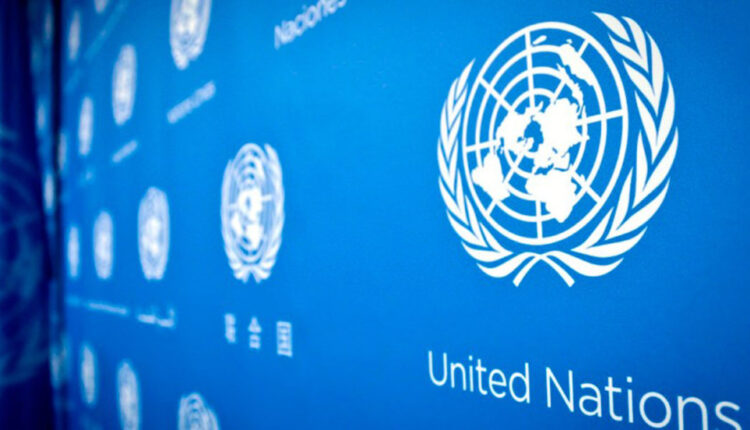The United Nations (UN) has called for collective action to strengthen urban resilience and ensure inclusive cities amid global challenges of conflict, displacement and climate change.
The call was made on Monday at the commemoration of the 2025 World Habitat Day at the UN Office in Nairobi, Kenya, monitored virtually by the News Agency of Nigeria(NAN).
NAN reports that the day, marked annually on the first Monday of October, brings together stakeholders to reflect on the state of towns and cities and the right of all to adequate shelter.
UN Secretary-General, António Guterres, in a message delivered by Mr Stephen Jackson, UN Resident Coordinator in Kenya, said cities bore the brunt of today’s crises and emergencies.
He said conflict, political instability and the climate emergency had forced 123 million people from their homes, most seeking safety in cities and towns already under intense pressure.
“About one in eight people live in informal settlements, and more than 300 million have no home at all,” Guterres said.
He noted that health services, water systems and transport networks were overstretched, with the risk of new disasters looming.
Guterres, however, said cities are where solutions could take root and grow, driving inclusion and economic growth while enriching communities and culture.
He commended the leadership of mayors and local government area, and the resilience of women, youth and urban communities in addressing challenges.
“We seek to share innovations that help guarantee access for the most vulnerable, including people with disabilities, older persons and children.
“A city is more than bricks and mortar, it is the promise of home. Let’s build stronger cities that ensure safety and belonging for us all,” he said.
Echoing the secretary-general’s call, Kor Ming, Minister of Housing and Local Government of Malaysia and President, UN-Habitat Assembly said in crisis, there is opportunity to build back better and stronger.
According to him, with over 120 active conflicts worldwide, there is a need to redouble efforts toward equitable and sustainable development as a safeguard against instability.
Citing UN data, he said a record 182 million people had been displaced by conflict and political instability, with 60 per cent seeking refuge in cities.
This trend, he said, is placing enormous pressure on local governments and urban systems, requiring renewed multilateral cooperation and resource mobilisation.
Kor Ming referenced Asia and the Pacific, where rapid urbanisation and ongoing conflicts have made local governments the first responders to humanitarian and development challenges.
“I call on member states to enhance multilateral cooperation to equip city mayors and local leaders with the tools needed to ensure no one and no place is left behind.
“As we invest in basic services for refugee camps, we must extend these rights to host and existing communities,” he added.
Kor Ming also appealed for continued support to UN-Habitat, noting that shelter must evolve beyond mere provision to adequate housing, as sustainable cities and communities cannot exist without decent homes for all.
Also, Ms Anacláudia Rossbach, Executive Director, UN-Habitat, said that each year, disasters damaged or destroyed more than 92,000 essential facilities and caused 1.6 million service disruptions globally.
“The global housing crisis now affects nearly three billion people, with over one billion living in slums and informal settlements and more than 300 million experiencing homelessness,” Rossbach said.
She warned that without proactive urban planning, the housing crisis would deepen further as displaced populations continued to rise.
“We must put housing, land and basic services at the centre of solutions for urban crises and displacement.
“Humanitarian aid alone is insufficient, as people desire to regain their homes, old or new as quickly as possible.”
She said that local governments are the “firefighters” on the frontlines of urban crises, while also being champions of long-term resilience and community rebuilding.
According to her, strengthening local governance and linking humanitarian and development responses are central to UN Habitat’s 2026–2029 Strategic Plan.
This plan, she said, identified crisis response as one of three key impact areas, focusing on displacement, disaster, conflict and climate fragility.
NAN reports that at the event, the UN-Habitat Scroll of Honour Award was also presented to recipients from Nigeria, Lebanon, Portugal and Mexico.
The award recognises individuals and institutions making outstanding contributions to urban development in fields, including shelter provision, leadership in post conflict reconstruction, and others.


